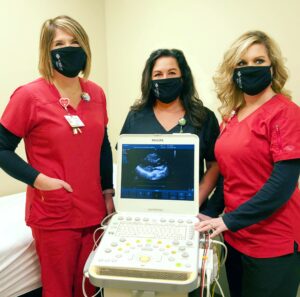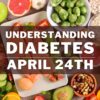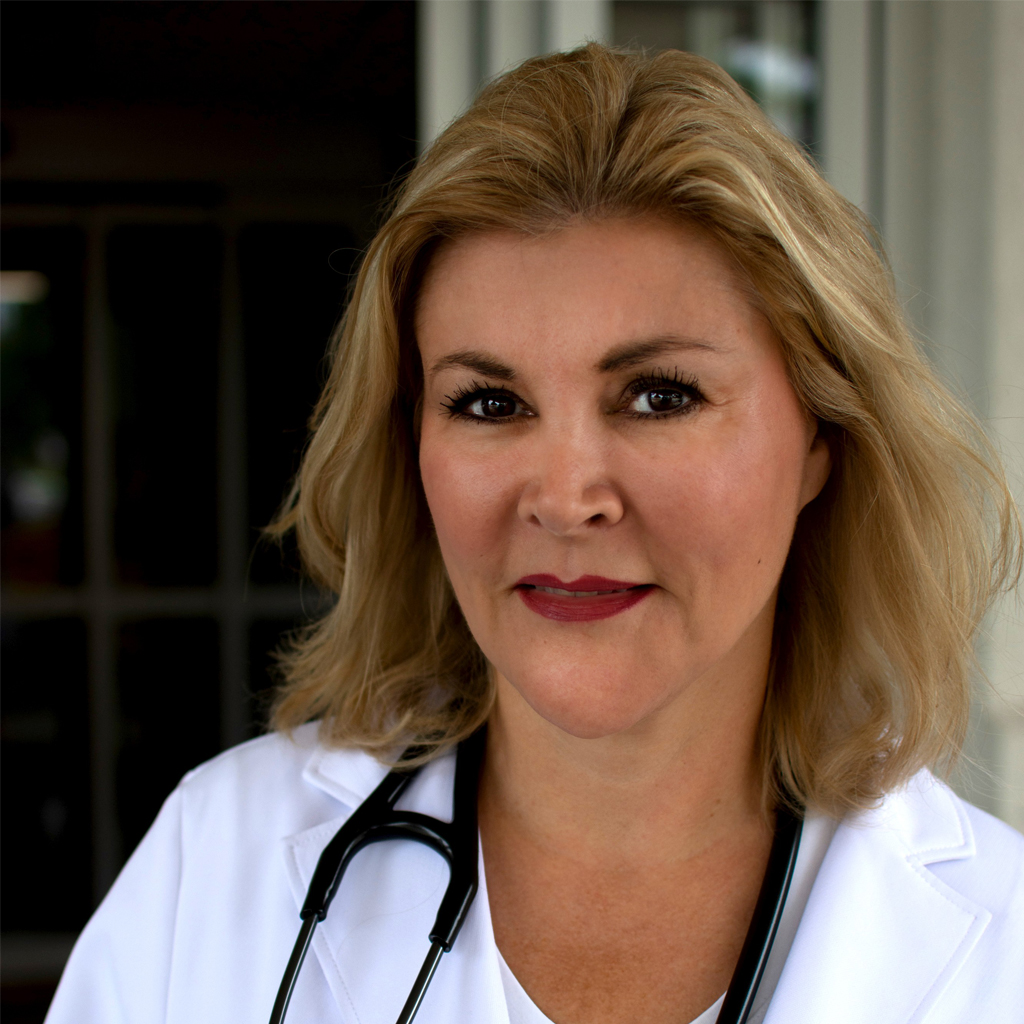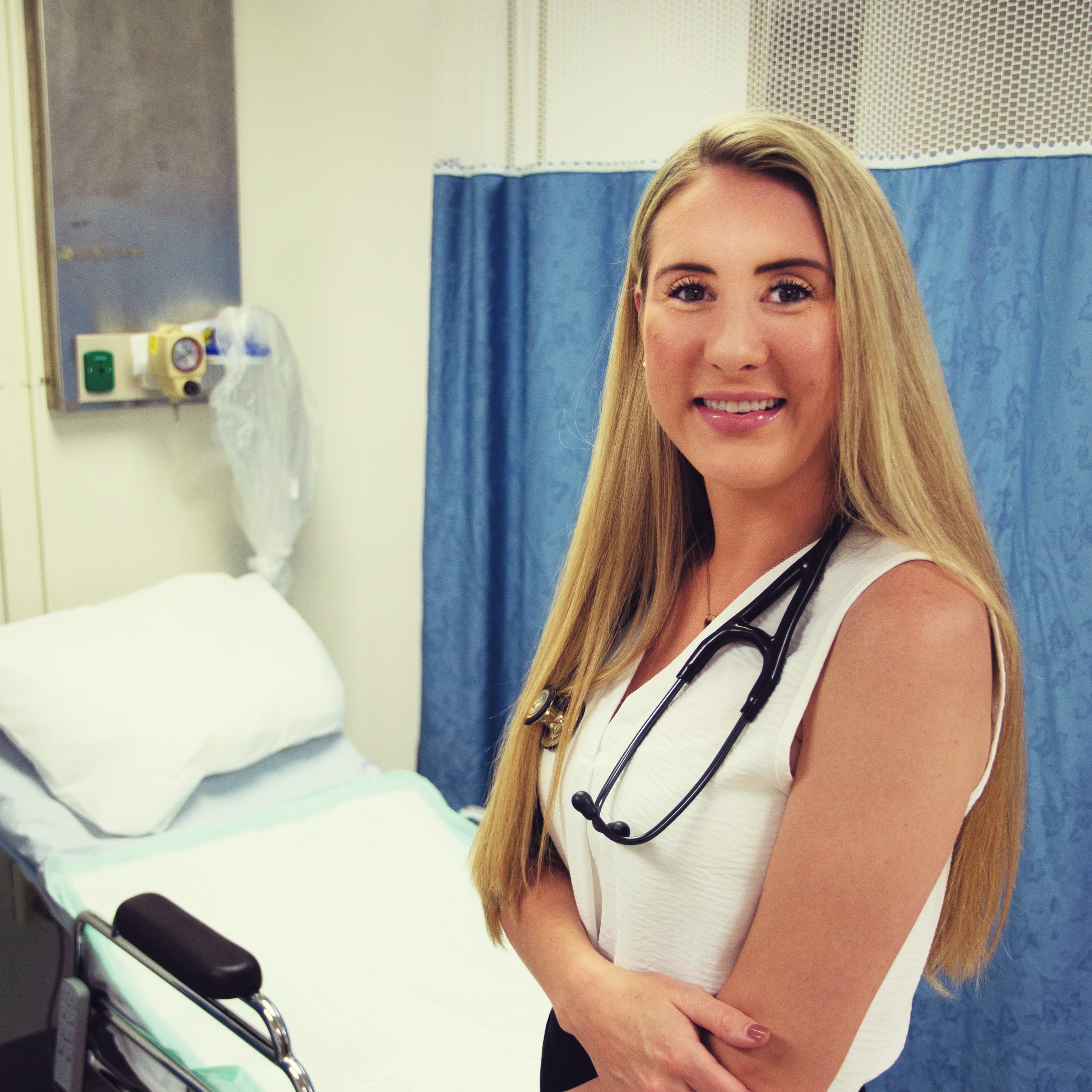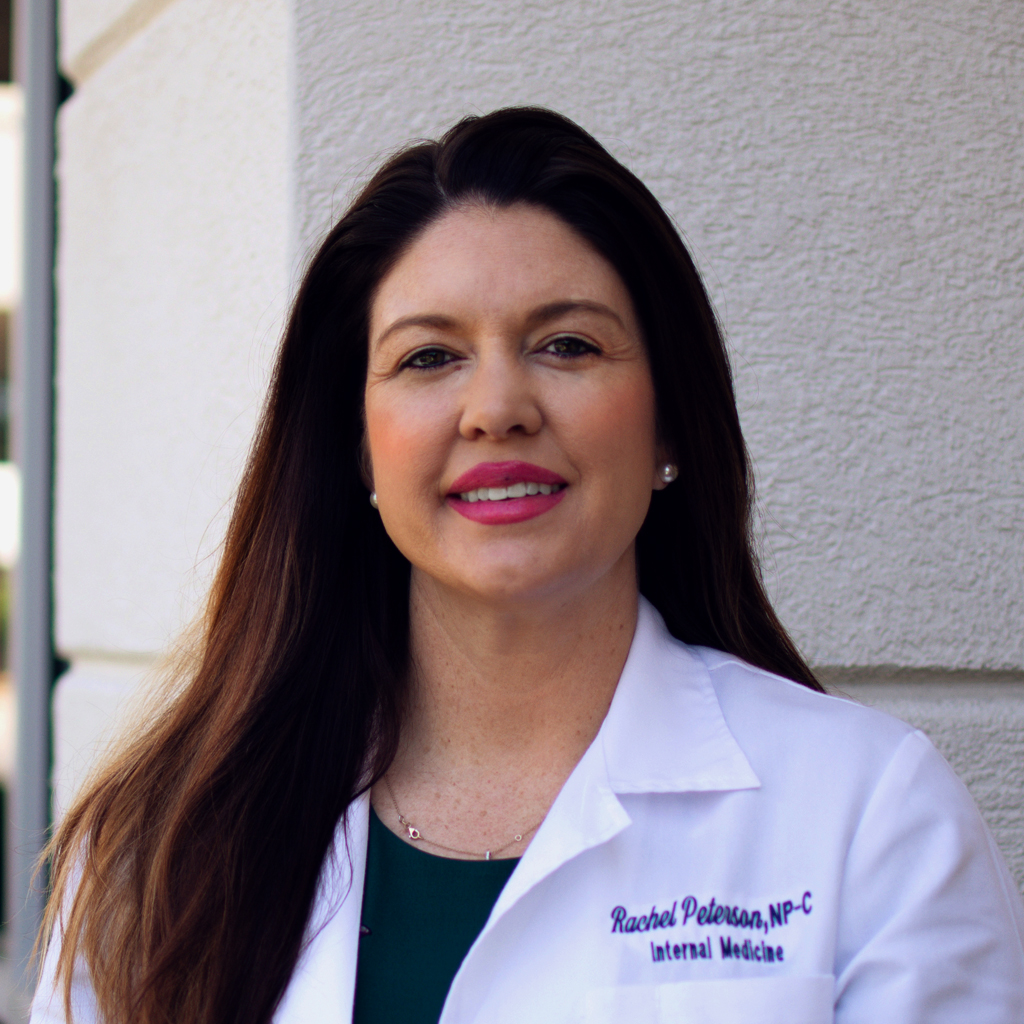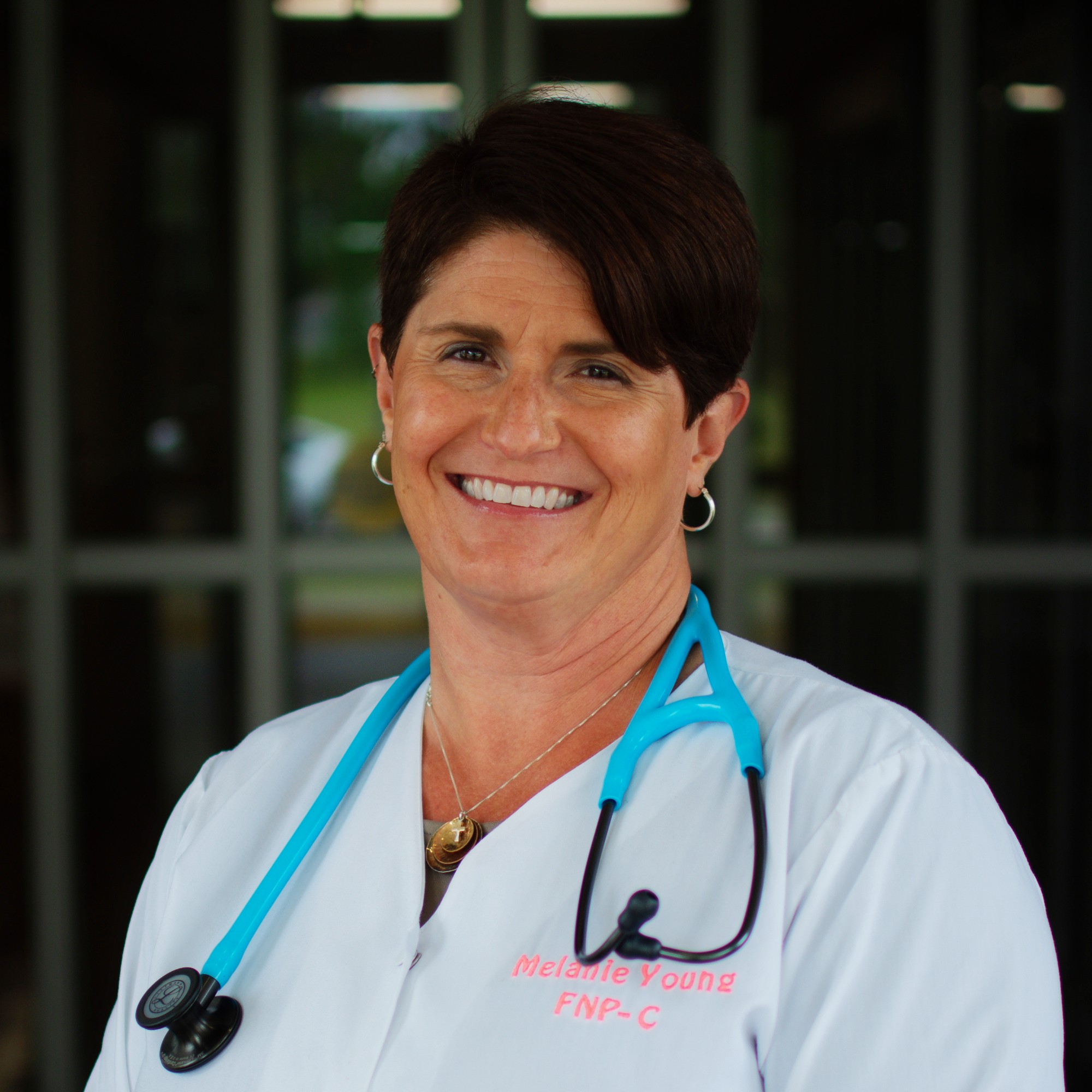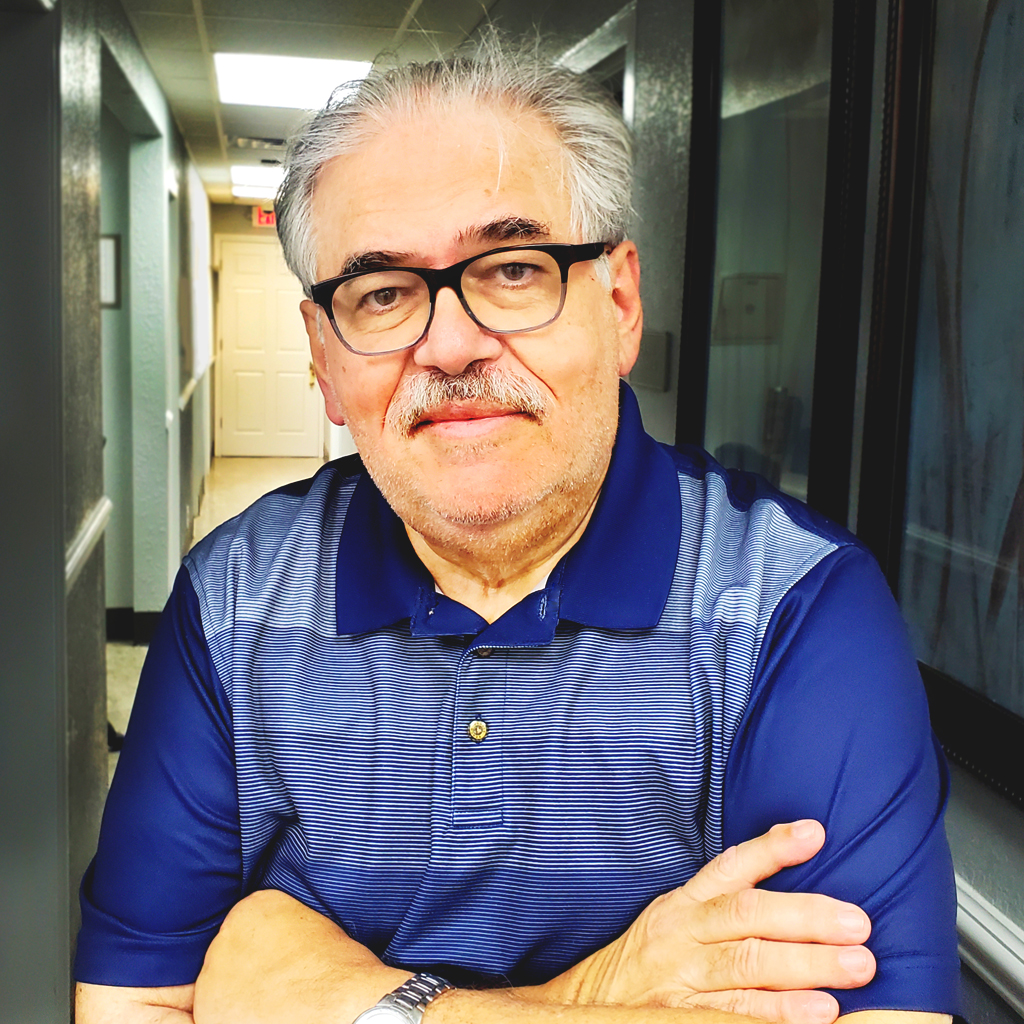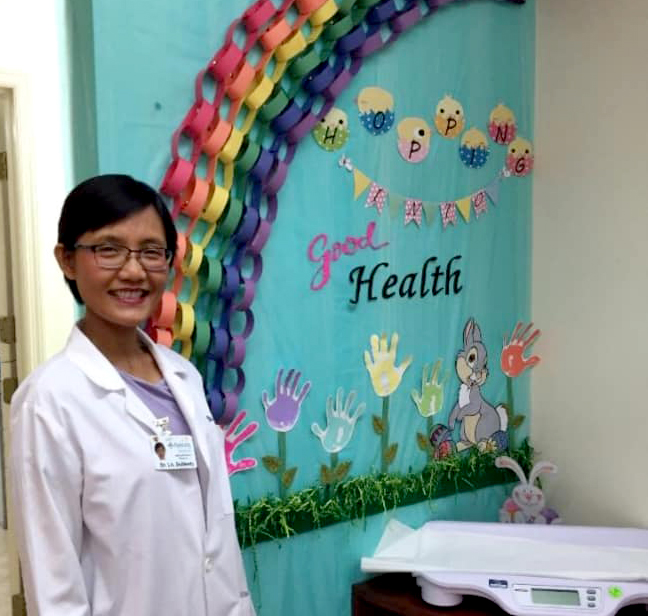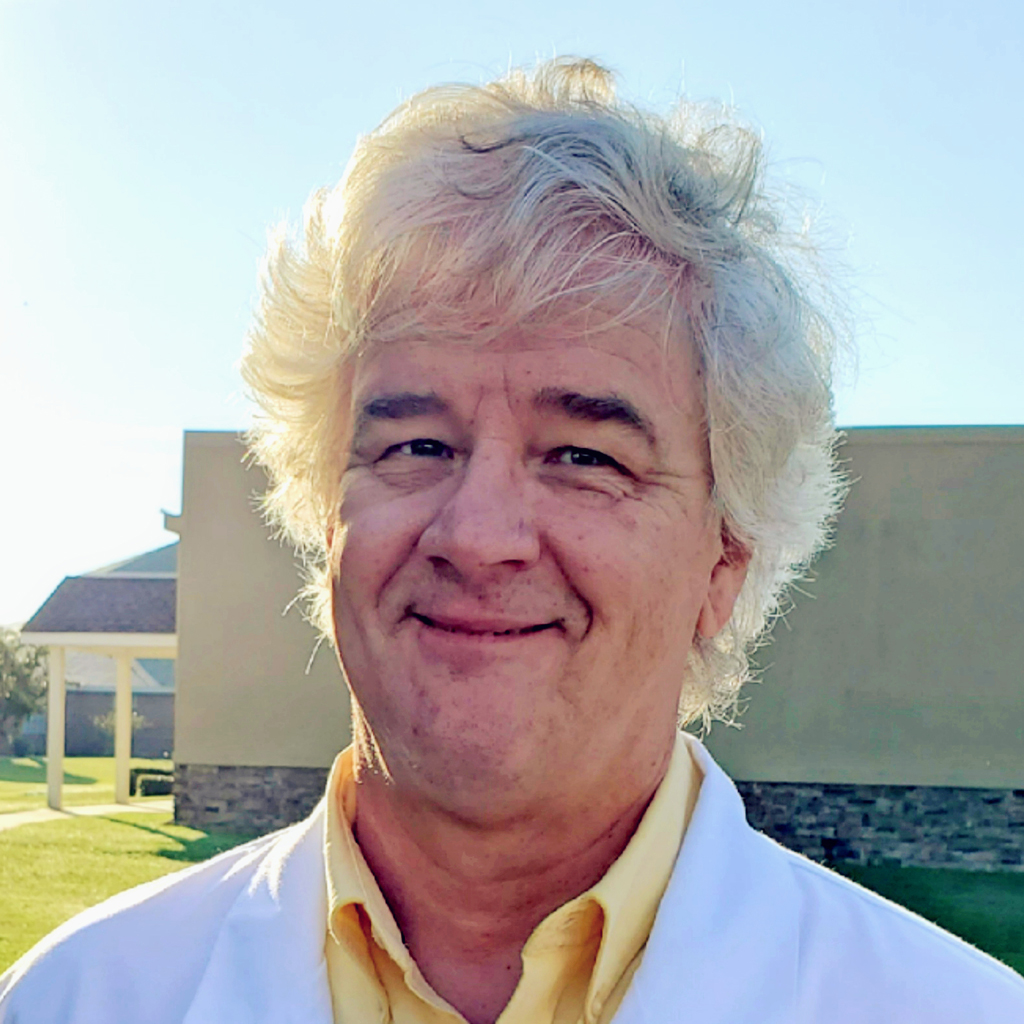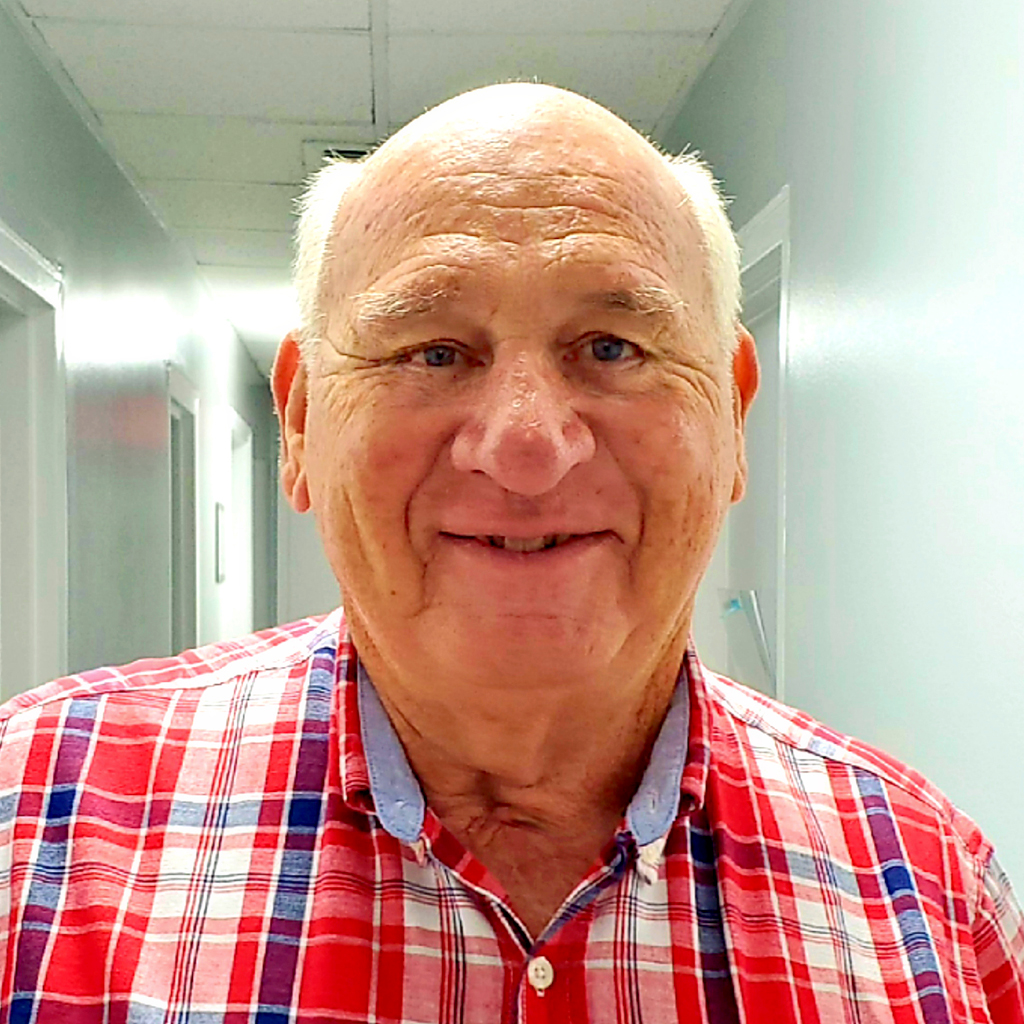In celebration of American Heart Month, we’re spotlighting a department that plays a vital role at our hospital and in our community: Cardiopulmonary/Respiratory. These highly-skilled and dedicated specialists diagnose and treat health conditions associated with the heart and lungs.
The department is under the supervision of Deena Medders, RRT, Echo Tech, a native of Alma who has been with Appling Healthcare for 18 years. The team includes Catina Holland, RRT-NPS, Yolanda Carter, CRT, Melinda Palmer, RRT, and Steve Kight, RRT.
The Cardiopulmonary/Respiratory Department works collaboratively with the Nuclear Medicine Department. Laura Ragland, CNMT, RDCS, manages this department and administers the nuclear cardiac stress test. The two departments share physical space at the hospital facility in Baxley, Georgia.
Appling Healthcare’s diagnostic services for cardiac patients are:
Routine Stress Test
If you have signs of or are showing symptoms of coronary artery disease or an irregular heart rhythm, your physician may recommend a stress test. This test consists of walking on a treadmill and is used to determine the condition of your heart during physical activity. Because your heart pumps harder and faster during exercise, the stress test can reveal any issues with the blood flow in your heart.
Cardiac Ambulatory Monitoring: Holter Monitors
A Holter monitor is a battery powered, portable electrocardiogram (ECG) that records your heart’s electrical activity continuously for 24 or 48 hours. This small, wearable device can let your doctor know if your heart is working properly or if you could have a heart condition.
EKG (Electrocardiogram)
An electrocardiogram (EKG) is a simple and painless test that records the electrical activity and rhythm of your heart. The readings from an EKG can not only diagnose a heart attack, but also reveal signs of heart disease.
Echocardiogram
An echocardiogram, often called an “echo,” is a test that uses ultrasound (high frequency waves) to show in motion how your heart muscle and valves are working.
The echo provides important diagnostic information about your heart’s size, the appearance of the valves, and the thickness of the heart muscle along with how well your heart is beating and pumping blood.
One of the most widely used imaging tests in cardiology, the echocardiogram is a valuable tool in helping your physician to identify heart disease.
Nuclear Cardiac Stress Test
In this test, an imaging agent is used to evaluate blood flow to your heart muscle while at rest and stress. This test helps to determine if your heart is getting sufficient blood flow whether resting or under stress.
Learn more about all our Cardiopulmonary/Respiratory services.
For appointment information, call (912)367-9841, ext. 1300.
